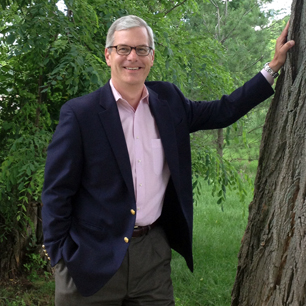
I’ll go out on a limb and say that most of us who hied to Portland a few weeks ago to participate in the annual museum carnival known as the NEMA Conference had a fine time. I could tell this by the smiles, the animated gestures, and the conversations that permeated the spaces.
I was particularly attuned to the conversations this year because of the conference theme, “The Language of Museums.” During the run-up to conference, I ruminated on the nature of museum language. Do we have one? Or are we a polylingual group. Is the NEMA Conference a family reunion (as I suggested in our Wednesday keynote session) or more like a meeting of the UN General Assembly?
From the talk I overheard at the conference, there is evidence that we share common language at least in some respects. Here are a few snippets with a collective thread: “…not enough funding…,” “…low pay…,” “…long hours…,” “…I’m SO stressed out…,” “…my boss doesn’t understand me…,” “…my staff doesn’t understand me…,” “…my board is going rogue…,” and so on. These laments were met universally with nods of compassionate understanding.
Happily, the common language also covered positive nuances of our shared museum profession experience. Enthusiasm for successful programs that transform lives. Gratitude to have a career that incorporates our personal passions while making a real difference in the world. Recognition that most people (outside the field that is) think we have the coolest jobs ever. There were lots of nods here as well.
As I eavesdropped, I detected many dialects in our museum language for sure. I noticed wrinkled brows as a science educator discussed the challenges of completing a major NSF grant with the director of a small history museum who likely hadn’t enjoyed a successful grant application for some years. I saw puzzled looks as an art museum administrator talked collections policy with someone from a children’s museum. I watched as the language of inclusion and activism was introduced to many of us for the first time.
At that point it struck me that I was witnessing the real value of the annual NEMA Conference in action. Day to day in our own museums we speak in dialects with our own kind, face our own singular challenges, solve our own particular problems. Often, we become isolated, convinced that we are unique, that surely our experiences are ours alone. Then, for three special days each year, we wriggle out of our cocoons and fly off to the NEMA Conference. There our dialects and limited perspectives are subsumed into the common tongue and universal understanding of the museum profession.
The bliss washes over us: we are not alone!
I recall that feeling well when I attended the conference as a museum director and it’s all the more powerful to me now as director of NEMA. First, I’m thankful I’ve had a hand in delivering that fabulous feeling to my museum sisters and brothers. More important, I realize that cultivating a shared and effective museum language is essential to the future of our profession. We need to communicate our shared enthusiasms to recruit the next generation of museum workers. We need to craft powerful words to persuade our communities that we are worthy of their support. We must speak with one voice to advocate successfully for our profession and institutions.
Thanks for speaking the language of museums!

Dan Yaeger